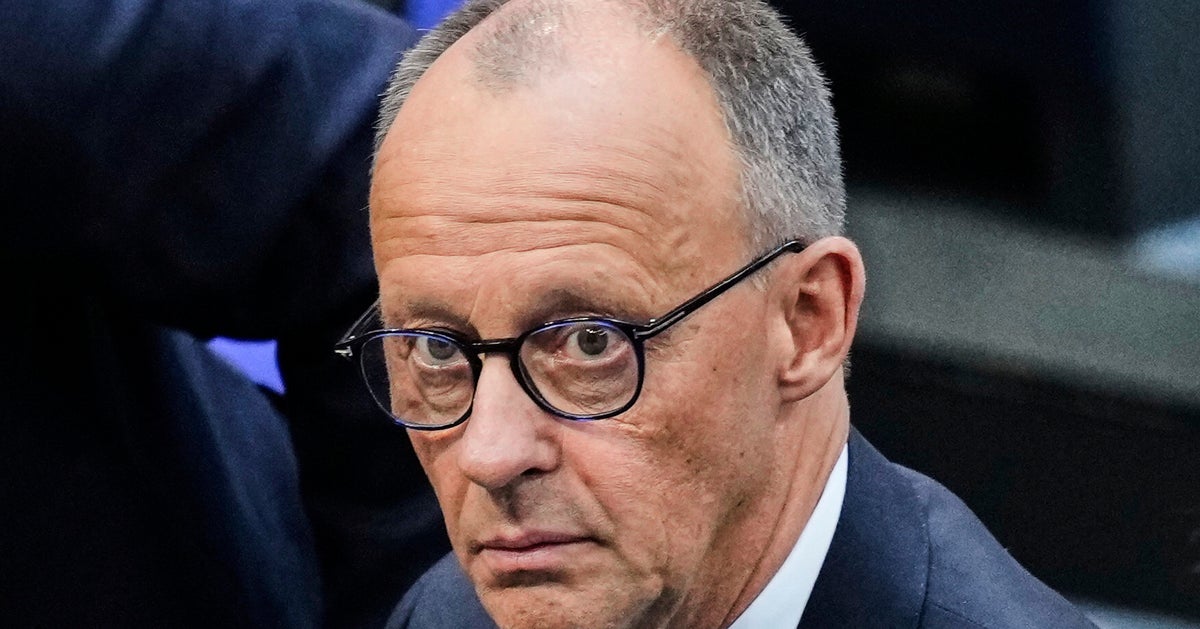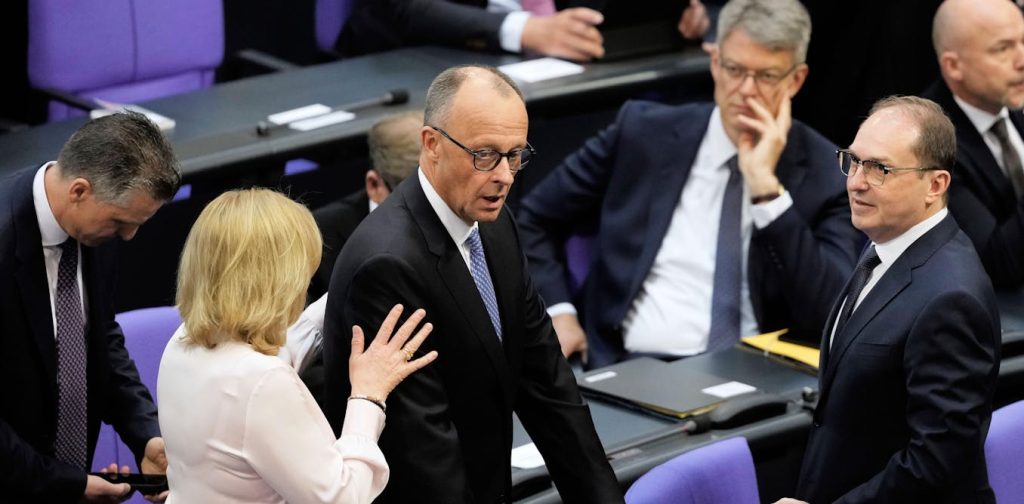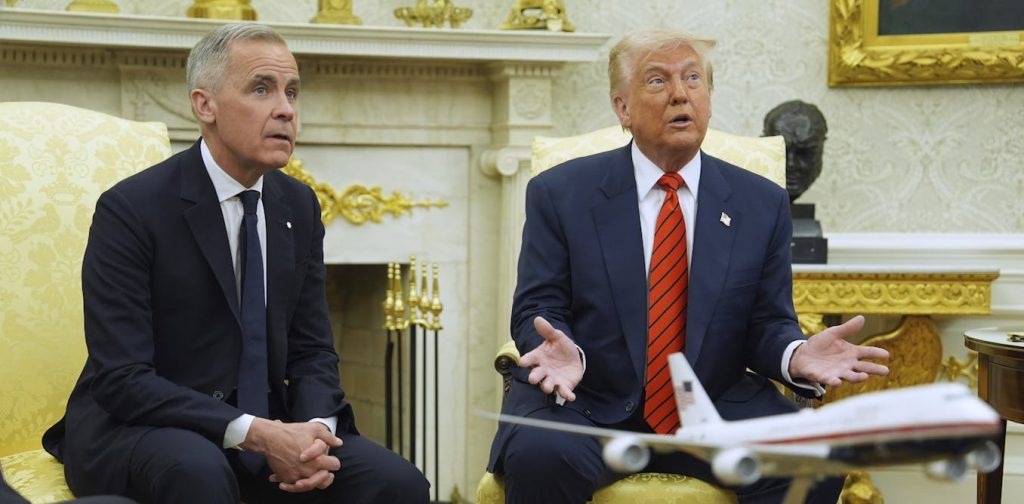Now Reading: Friedrich Merz Suffers Surprise Setback In Bid To Become Germany’s Next Chancellor
-
01
Friedrich Merz Suffers Surprise Setback In Bid To Become Germany’s Next Chancellor
Friedrich Merz Suffers Surprise Setback In Bid To Become Germany’s Next Chancellor

Friedrich Merz was successful in his second attempt to secure the position of German chancellor after facing a defeat in the initial round. He received 325 votes in the second ballot, surpassing the majority needed. The first round saw him fall short of the required votes, sparking uncertainty about who had withdrawn support from his camp due to the secret ballot. Merz’s coalition involves the Christian Democratic Union, the Christian Social Union, and the Social Democrats led by outgoing Chancellor Olaf Scholz.
The election took place on the eve of the 80th anniversary of Nazi Germany’s surrender in World War II and amidst heightened tensions over the conflict in Ukraine. Germany’s economic and diplomatic influence on the European stage is significant, with defense spending ranking it fourth globally. The government’s agenda includes addressing domestic issues and strengthening the economy.
The U.S. administration, especially under President Donald Trump, has been critical of Germany. Recent interactions between American officials and German political figures have highlighted tensions over security policies and right-wing politics. The decision to classify the far-right Alternative for Germany party as “right-wing extremist” has drawn international scrutiny and criticism.
As Germany navigates economic challenges and political transitions, the incoming government is expected to focus on resolving internal disagreements and driving economic growth through tax cuts and infrastructure investments.






